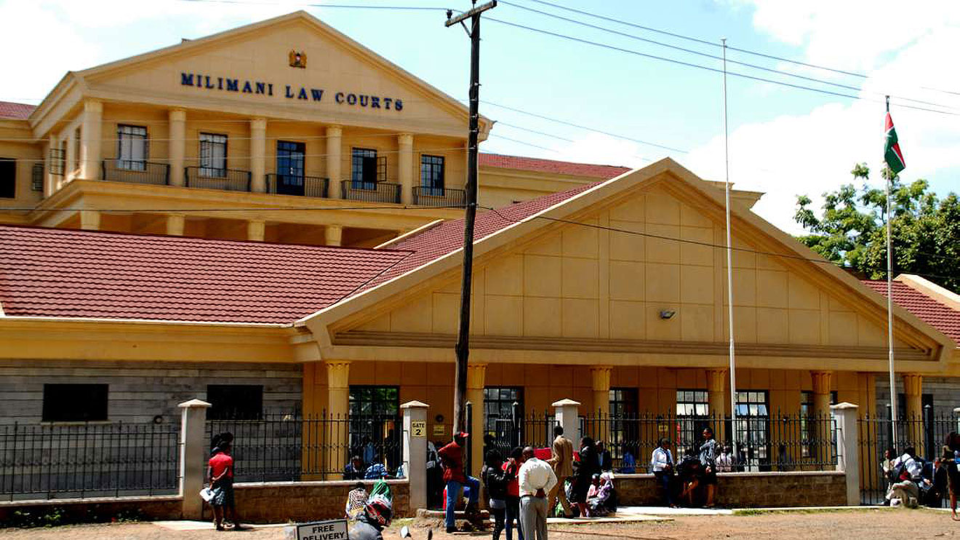High Court Bars Sports Tribunal from Handling Doping Cases Involving International Athletes
The High Court has prohibited the Sports Disputes Tribunal (SDT) from adjudicating doping cases involving international-level athletes, declaring the tribunal's jurisdiction over such matters unlawful. The decision, delivered by Justice Aburili, marks a significant development in the enforcement of anti-doping regulations in Kenya, aligning the country’s practices with international standards.
The case originated from an application filed by an athlete identified only as NJM in court documents. NJM, an international-level competitor, faced doping charges from the Anti-Doping Agency of Kenya (ADAK) after testing positive for furosemide, a prohibited substance, during an out-of-competition urine test. Furosemide, a diuretic, is banned under the World Anti-Doping Code due to its potential to mask other performance-enhancing substances.
NJM, through her legal team, challenged the SDT’s authority to handle her case, arguing that the tribunal lacked jurisdiction over international-level athletes. The lawyers cited Section 31(1) of Kenya’s Anti-Doping Act, the Anti-Doping Regulations 2020, the World Anti-Doping Code, and the International Standard for Results Management, asserting that the tribunal’s assumption of jurisdiction was unlawful and beyond its legal mandate. They further contended that the SDT’s actions were biased, irrational, and procedurally improper, violating NJM’s right to a fair hearing as guaranteed under Article 8.1 of the World Anti-Doping Code.
The World Anti-Doping Code stipulates that athletes accused of doping violations are entitled to a fair and timely hearing before an independent body. NJM’s legal team emphasized that the SDT and ADAK are distinct entities, and the tribunal could not act on behalf of ADAK in determining her case. This argument underscored the need for clear delineation of roles between national anti-doping agencies and tribunals to ensure impartiality.
The dispute escalated after the SDT dismissed NJM’s application on January 27, 2025, prompting her to seek redress from the High Court. Justice Aburili’s ruling criticized both the SDT and ADAK for procedural lapses, including their failure to adhere to court deadlines for filing responses and submissions. The court noted that both entities submitted their documents well after the matter had been reserved for judgment, a move deemed disrespectful to judicial directives.
In her ruling, Justice Aburili declared the SDT’s proceedings against NJM unlawful and quashed them, effectively barring the tribunal from hearing the case. The decision reinforces the principle that doping cases involving international-level athletes must be handled by bodies with appropriate jurisdiction, as outlined in global anti-doping frameworks. This ruling ensures compliance with the World Anti-Doping Code, which Kenya, as a signatory, is obligated to uphold.
The case highlights ongoing challenges in Kenya’s anti-doping framework, particularly regarding the roles and powers of national bodies like the SDT and ADAK. It also underscores the importance of safeguarding athletes’ rights to fair and independent hearings, especially in high-stakes cases that could impact their careers and reputations.
This ruling is expected to have far-reaching implications for how doping cases are managed in Kenya, particularly for international-level athletes competing on the global stage. It serves as a reminder of the need for national tribunals to operate within their legal boundaries and adhere to international standards to maintain credibility and fairness in sports governance.


